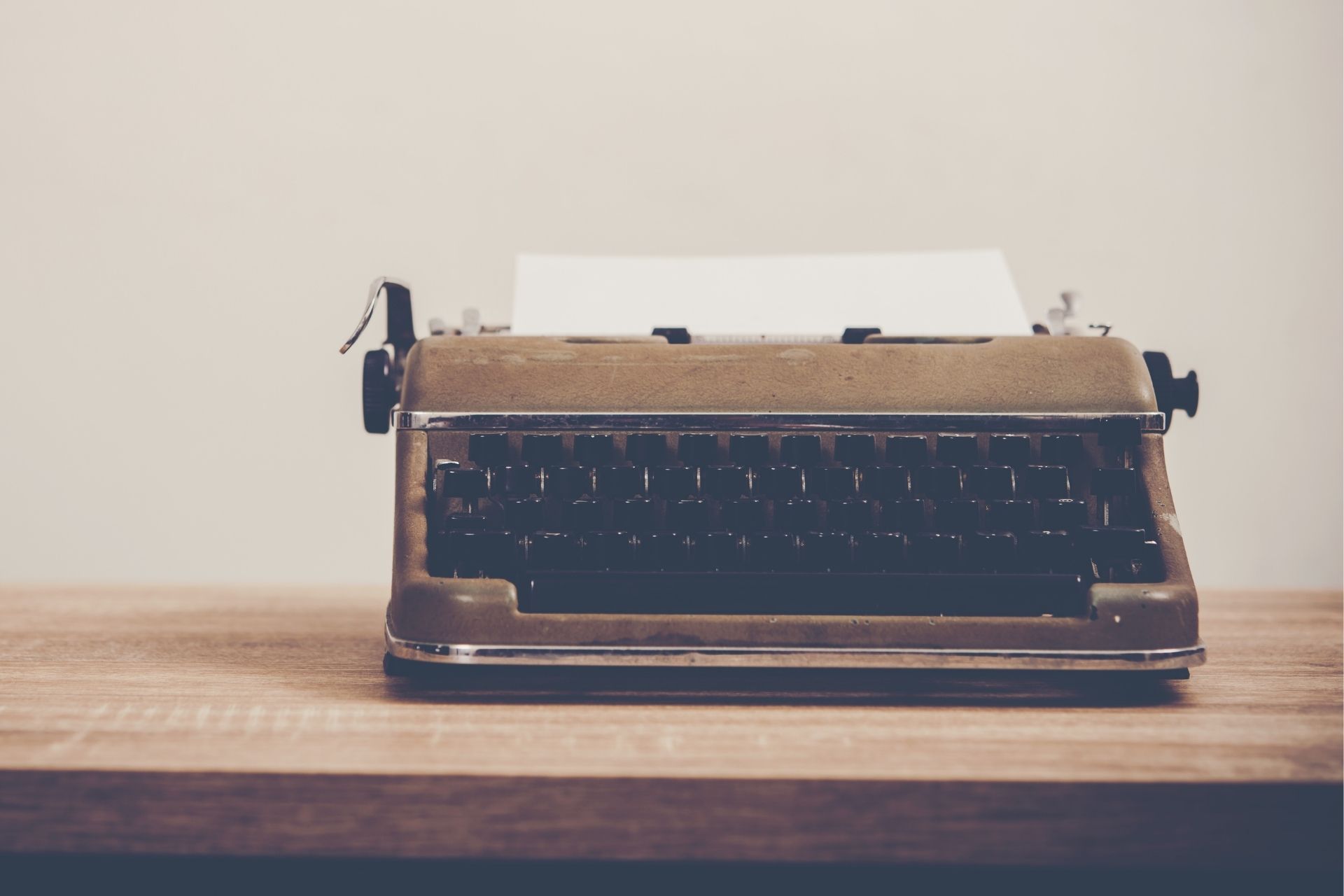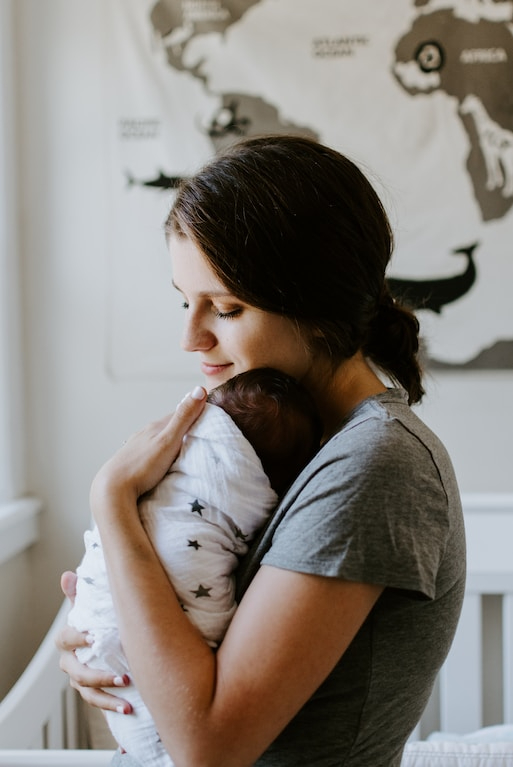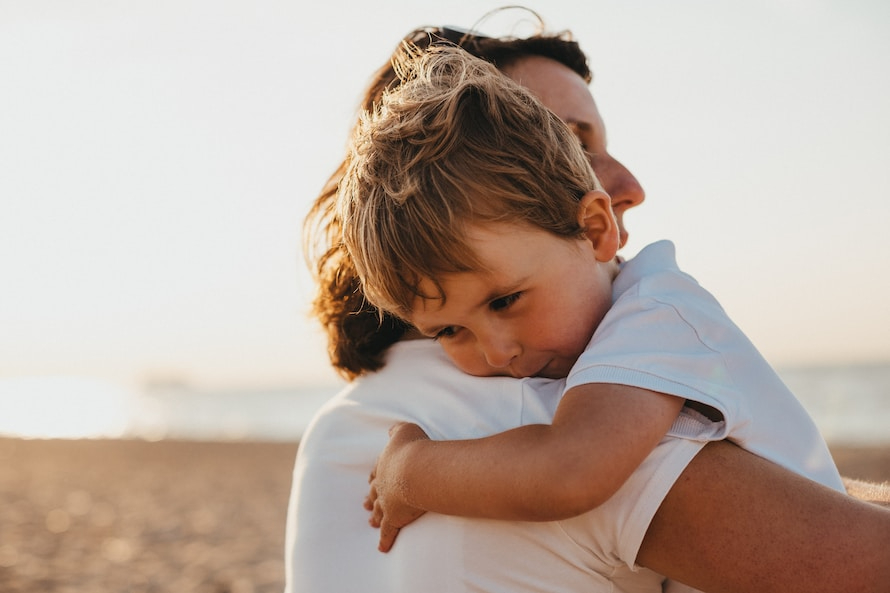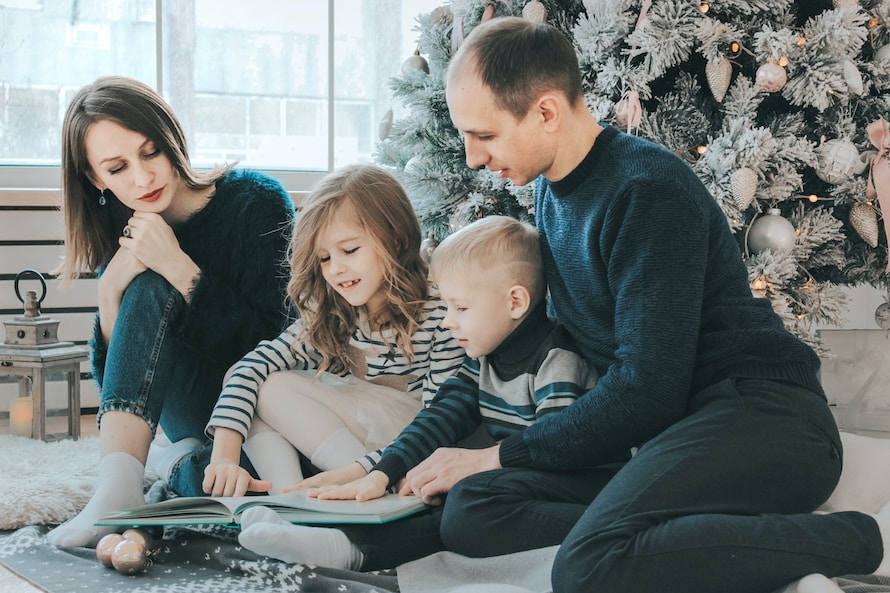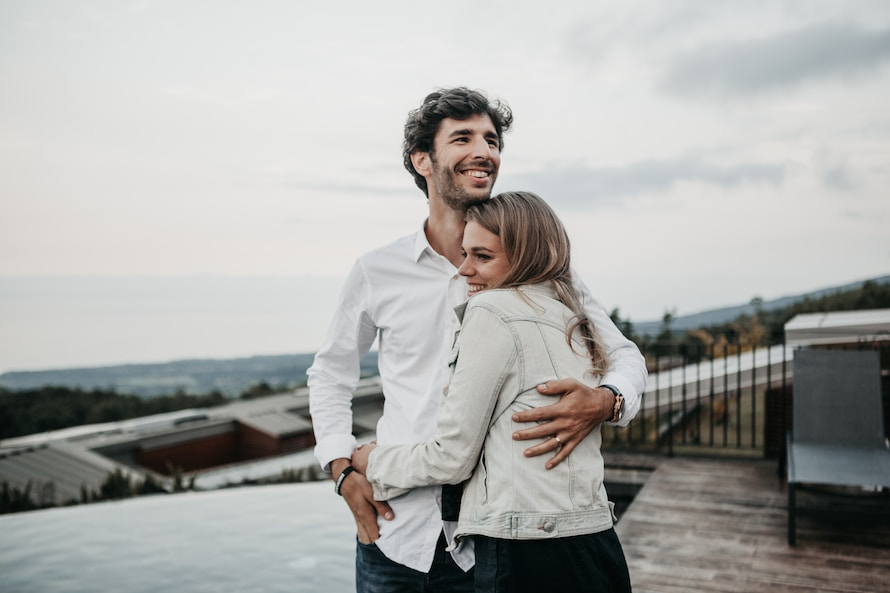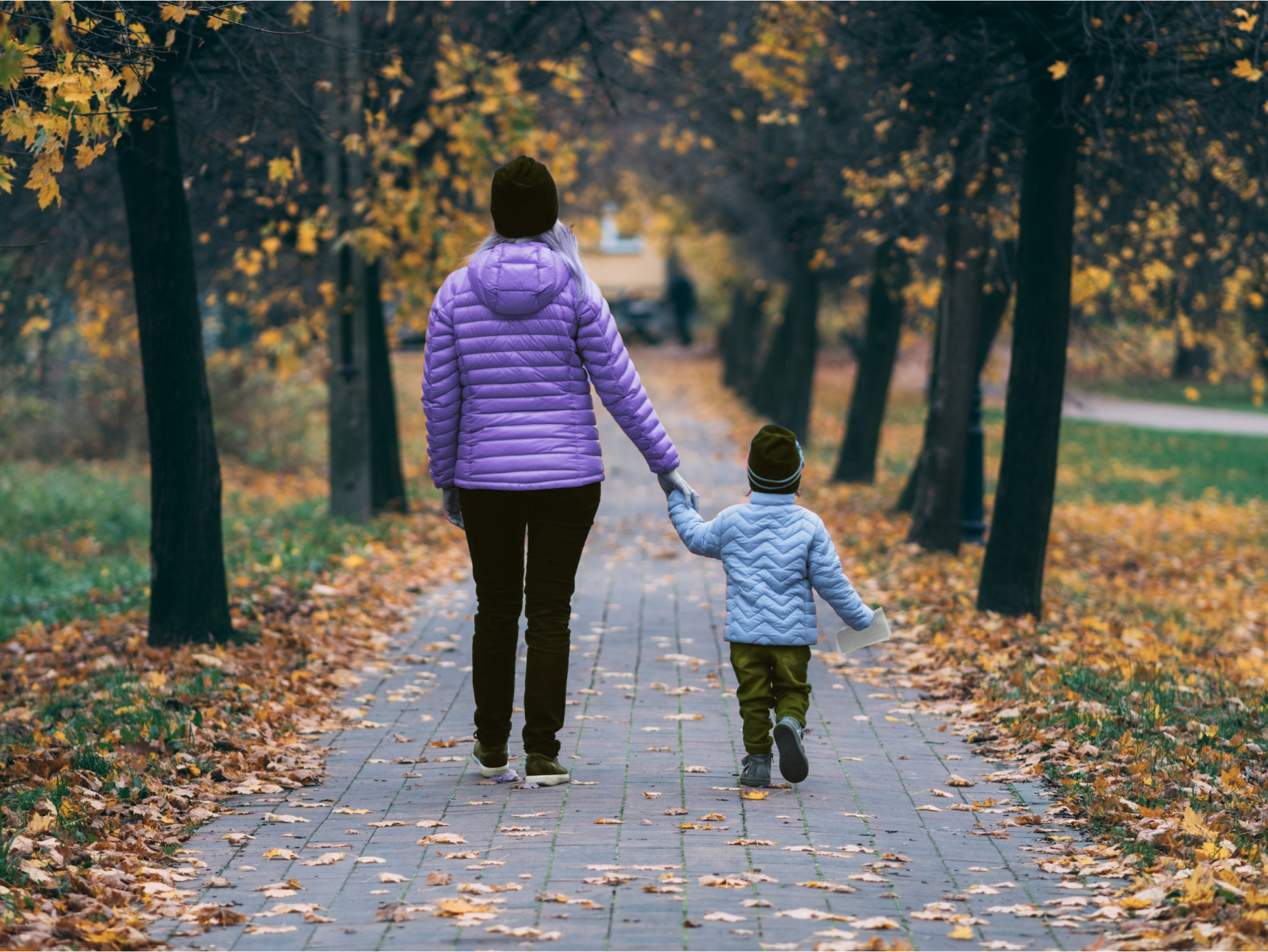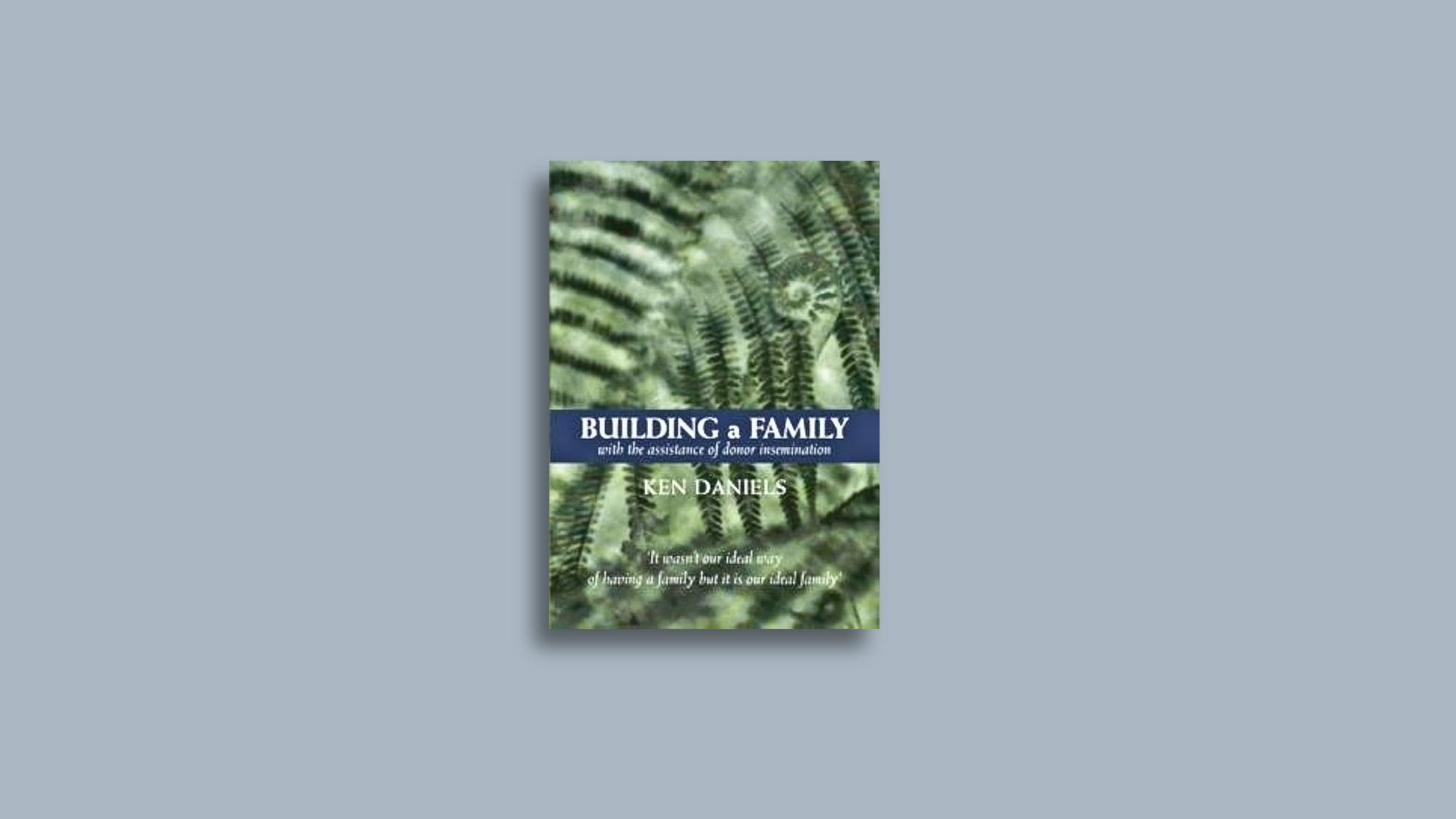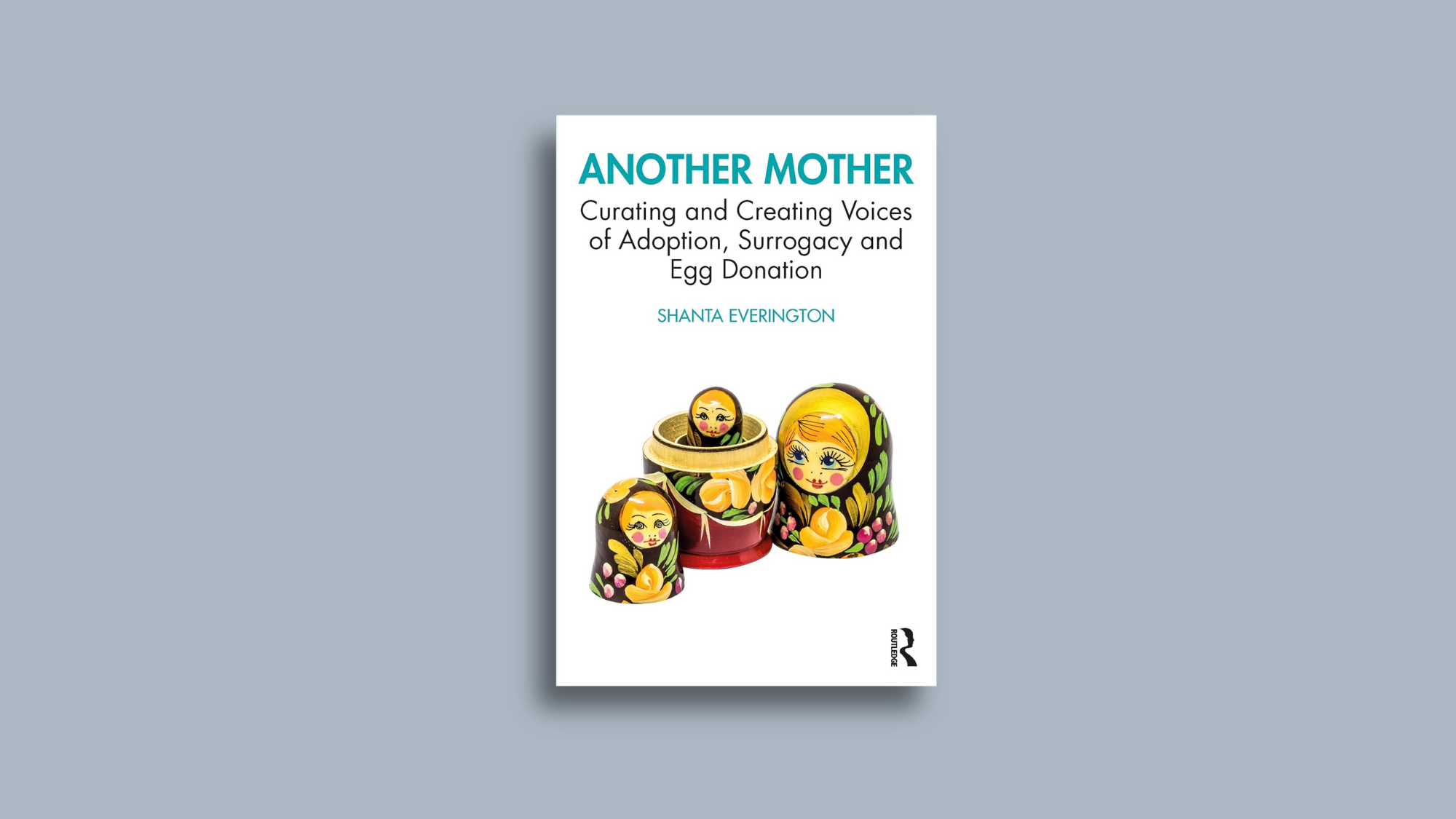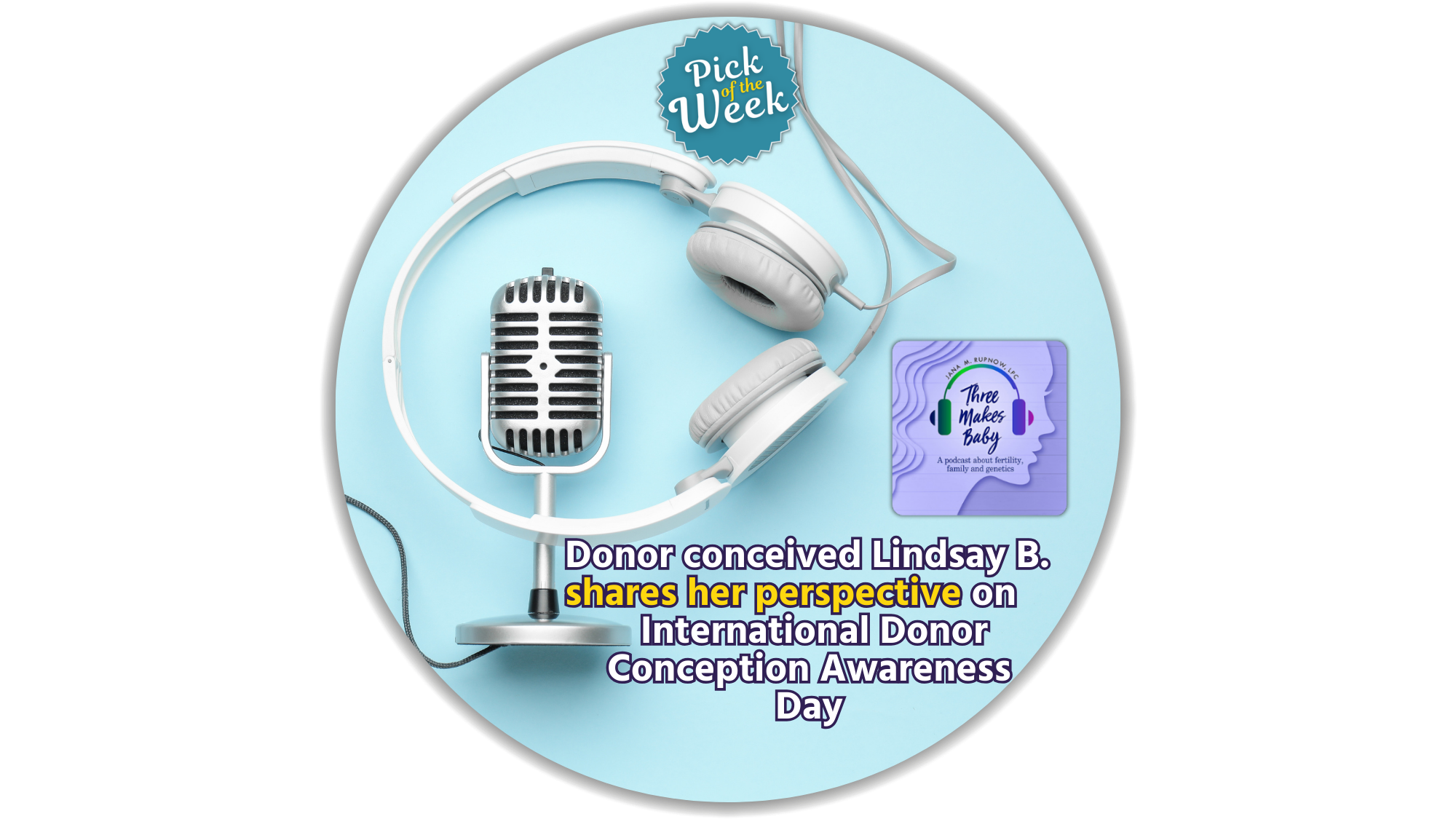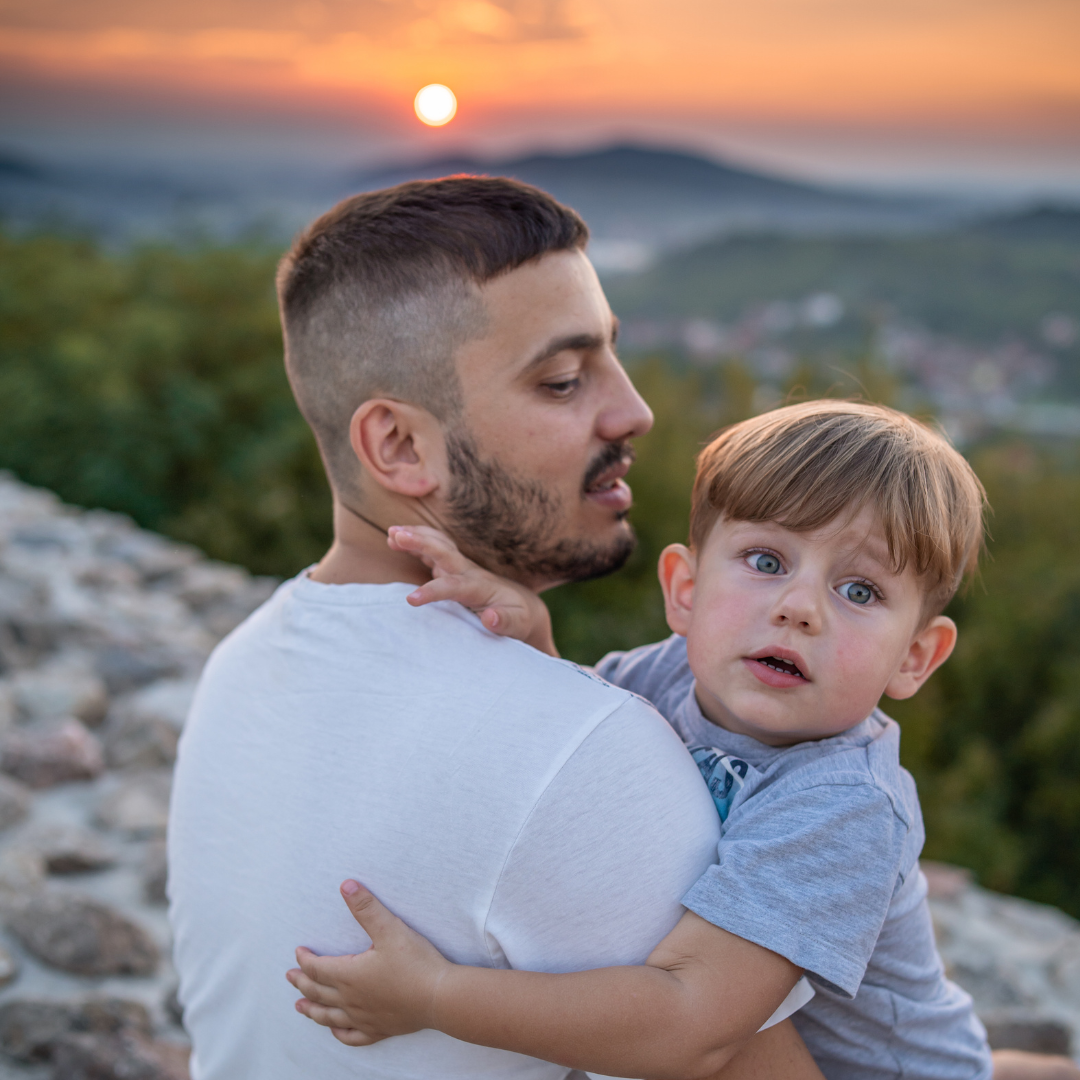Can an anonymous donor-conceived child lead a happy and fulfilled life?
That is a question that I have been struggling with over the last year and one that came up for me again after the March ‘08 DC Network Meeting. The issue of anonymous vs. non-anonymous donors was brought up many times in the thoughtful presentations as well as in the more personal and emotional smaller group meetings.
It feels like a unique time for those seeking assistance in the UK regarding donor conception. After years of anonymity, we have the opportunity to use non-anonymous donors. I think presenting donor-conceived children with the option to find their biological donor is a great thing. What a great choice.
My situation turned out a little differently: My husband and I have one child, (conceived naturally), born when I was 38. At 42, we decided to try for a second. After 2 years, with some success that ended in miscarriage, we approached a fertility specialist for some help conceiving. After I was checked out and told ‘unexplained infertility’, probably just age-related, we were sent on our way to keep trying.
By the time I found a new clinic and consultant, I was 45. Egg donation was presented as the only truly viable option if we wanted a second birth child. However, I was told by my consultant that the waiting list in the UK was 1-2 years.
After all our struggles, and the heart-breaking fact that I had less than 1% chance of conceiving naturally, I didn’t think I could wait that long to know if we would be parents a 2nd time around, let alone if the procedure would work and I would actually conceive and have a child.
We went to a clinic in Spain recommended by our consultant, where the waiting list was 6 months for an egg donor. Through this path, we were fortunate enough to conceive via an anonymous donor. Am I happy that I’m pregnant? Yes. Am I happy that the donor was anonymous? No. Would you say I had a choice?
My choice in a perfect world would have been a non-anonymous donor for our egg. And I would certainly have made the choice for a tall, gorgeous, funny, intelligent donor, (such as myself), who loves dance, books and swimming. And if I really had to do it all over again, my choice would have been to get married before I was 36, to not have waited so long before trying for baby #2 and to have gone to the doctor a little sooner. . .
And so, in this imperfect situation, I wonder: will my donor-conceived child regret being here in the world? Will he be mad at me for the fact that he will never know 50% of his genetic heritage? I don’t know.
I like to believe that our child will find a way to be happy and fulfilled in this crazy world without knowing part of his genetic makeup. Our job as parents is to make that as easy as possible for him.
We are faced with a task ahead—and who is to say if it is even the hardest or most challenging task of parenting—the task of helping our child come to terms with his conception and our choice to bring him into this world.
We chose to have a sibling for our son. We chose life, we chose joy.
